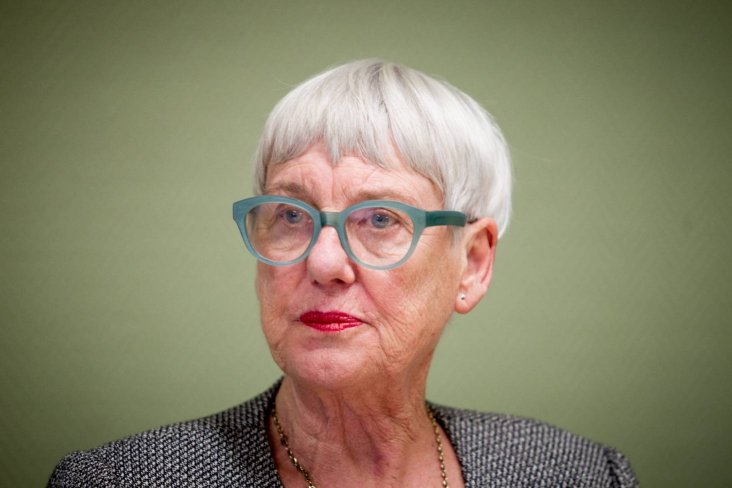Homelessness crisis 'no quick fix', says Rotorua mayor
September 6, 2022
By Christina Huang
Listen to the full interviews with National's Dr Shane Reti and Rotorua Mayor Steve Chadwick (pictured).
TVNZ's Sunday exposed damning allegations of sub-standard living conditions and intimidating behaviour from emergency housing providers.
Residents living on Rotorua's Fenton Street, home to around 50 emergency housing motels, alleged intimidation, negligence, and abuse of power by staff and subcontracted security workers.
National joined Te Pāti Māori yesterday in demanding an independent inquiry into the millions of dollars the government has poured into emergency housing.
National's Dr Shane Reti told 95bFM's The Wire that the root cause of the homelessness problem in cities like Rotorua is that the government hasn't fulfilled its promise of building more houses.
"The prime minister said the motels were a temporary solution, and they didn't want children living in cars. But we know that the number of children living in cars has risen by about 350% since 2017."
The number of children listed as may be living in cars has increased from 51 at the end of 2017 to 228 in June this year, according to the Ministry of Social Development.
Rotorua Mayor Steve Chadwick told The Wire that motels are not suitable accommodation for living.
"It was always only intended to be temporary. But we've now got over 50 motels around that Fenton Street area. A perverse market has risen where some motels that frankly wouldn't have survived during Covid, and they're dog motels, are making a market out of those that need to be accommodated."
"You can't just keep throwing money at managing these motels. I'd rather the money be spent on building more houses here."
Chadwick said the city needs 6000 more homes to address the homelessness crisis and that they have received support from the government to obtain infrastructure funding.
“We can only get out of this by working with government and iwi, and there is no quick fix. We are going to need emergency housing for at least three to five more years."
Public Interest Journalism funded through NZ On Air

 95bFM
95bFM 

